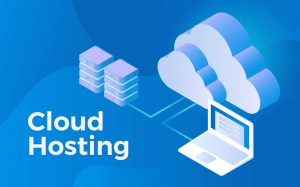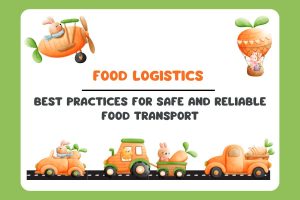Is Education really a Business? From a Student’s Point of View

Education is the process of passing on knowledge and skill from one individual to another. Despite the methods used to pass knowledge changing over time, education still remains a top priority in most societies. In recent years’ education has been seen as part of the business with a various degree and diploma programs available to students at affordable fees in addition to online writing services such as write my research paper which offer students’ academic assistance at an affordable fee. It is for this reason that this article provides an analysis of whether education is becoming a business from a student’s perspective.
Increased number of schools and students
For there to be a business, there must be customers with focus and needs. Increase in population all over the world creates a conducive environment to commercialize learning since a large percentage of the population are students who need and are focused on learning. Furthermore, parents are also ready and willing to invest a lot of money in getting a good education for their children.
This has led to the development of schools, universities, coaching centers and other educational institutions. The main objective of most of these schools is to have as many students as possible and charge a great number of fees. More students led to more classrooms hence the need for more money.
One school ends up not being enough, therefore, new schools are opened in other cities and towns. The expansion means more students hence a school that has several branches gets a good amount of money. In most cases, the quality of education at this institution is usually questionable. The growing population and competition from other institutions have made education a money making industry. In the end, education that started as a mere exchange of knowledge has grown too big business now.
Privatization of many schools
There has been a steady increase in the number of private schools that promise affordable and quality education. Education has become a way to convince people with an assurance of obtaining a highly qualified white collar job. Private schools are much more expensive than public schools but parents will take their children to private schools with the assumption that they are better compared to the free public school education.
School privatization in simple terms means outsourcing government services provision to independent organizations. The end result is to maximize profit for the organizations and the school. This leads to
• Diminished status of neighboring schools
• Challenge to the parent to find the right schools for their children
• Notion of ‘good institutions’ and ‘bad institutions’
Companies also bring their products to schools and offer them to students and teachers. A good example is Coca Cola bringing their soft drink machines to schools or companies naming school facilities such as sports fields after corporate sponsors.
Teachers’ and parents’ priorities have changed
In the past parents’ aim was to ensure their children get the best possible education for a good future ahead. Teachers were to expose the students to relevant skills and knowledge to help them be useful members of society depending on their interests and ambitions. However, this has changed over the years since both parents and teachers are money oriented with little consideration to students’ future or ambitions.
Priorities have changed in such a way that
1. Parents view their children as nothing but an investment. This is not bad but it has an effect on the best education option for their children. Options to the children’s courses or subjects taken are driven by what their parents think will lead to a job that has a high income once completed in later years. Students hardly study out of curiosity or ambition. The cash driven attitude of parent views education as a business.
2. Teachers on the other hand and the community, in general, prioritize money over quality education. They consider how much money they get per student for every hour than the delivery of knowledge and skills. They end up teaching several classes in the same institution or even different institutions at once to get that high income from all of them while offering poor education. Furthermore, they only give attention to only those who learn by themselves while others are left. This is a well-known fact and can be seen in many schools.
Corporations altering teaching process
Global corporations are commercializing education by disrupting or altering the teaching process by introducing new curriculum or commercial activities with the aim to increase their profits. They usually claim to be community partners bringing needed resources that can’t be provided by schools.
For instance, a tech company can come up with a curriculum for a school, donate the computers (which they will sell to them in the long run), then introduce software that the school will have to purchase or pay for as they use. It might seem like a good deed to donate computers but in reality, they are draining school’s funds. There are usually loopholes in many of these deals which slowly defraud schools unknowingly.
Bottom line
It is unfortunate that education has been commercialized by many institutions and the quality of education is getting worse on a daily basis. It is highly recommended that priorities change from being money oriented sector to one that is interested in the quality of education and ambitions of students from kindergarten all the way to collages. Let there be a generation whose future is not controlled by the need to get profits at the expense of students.






